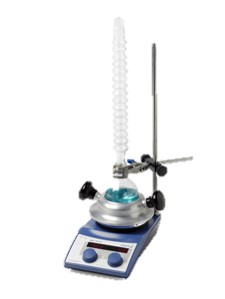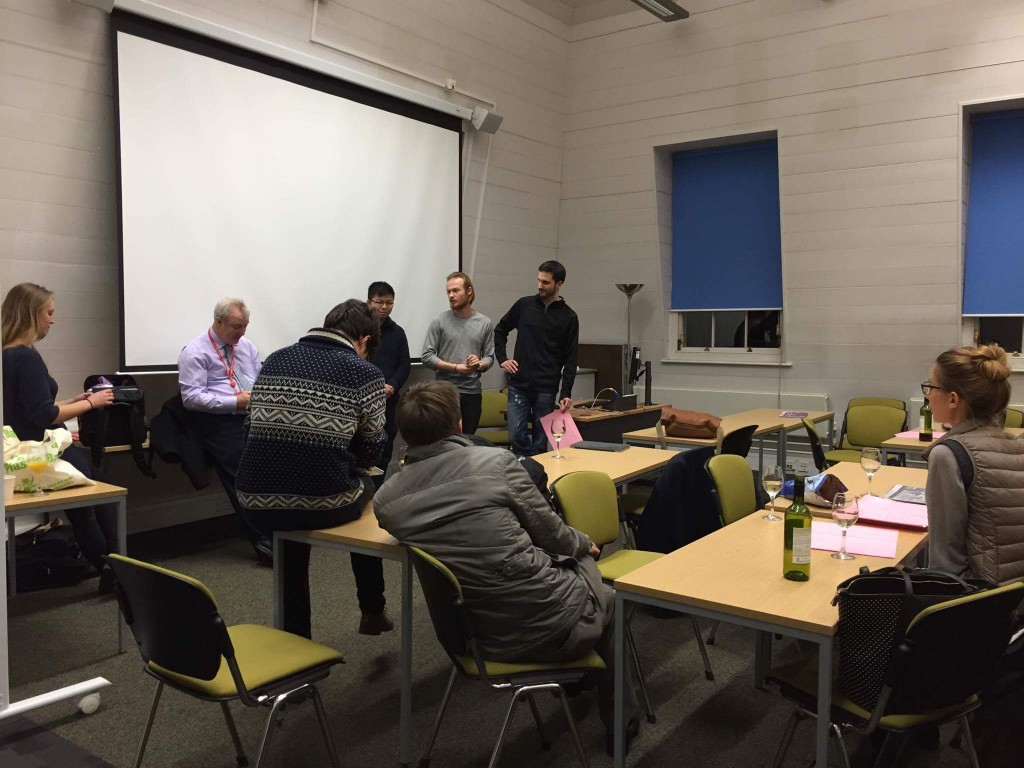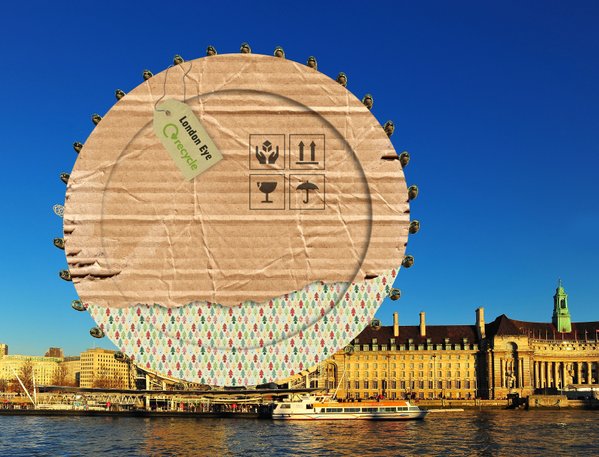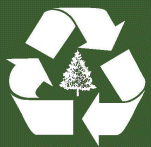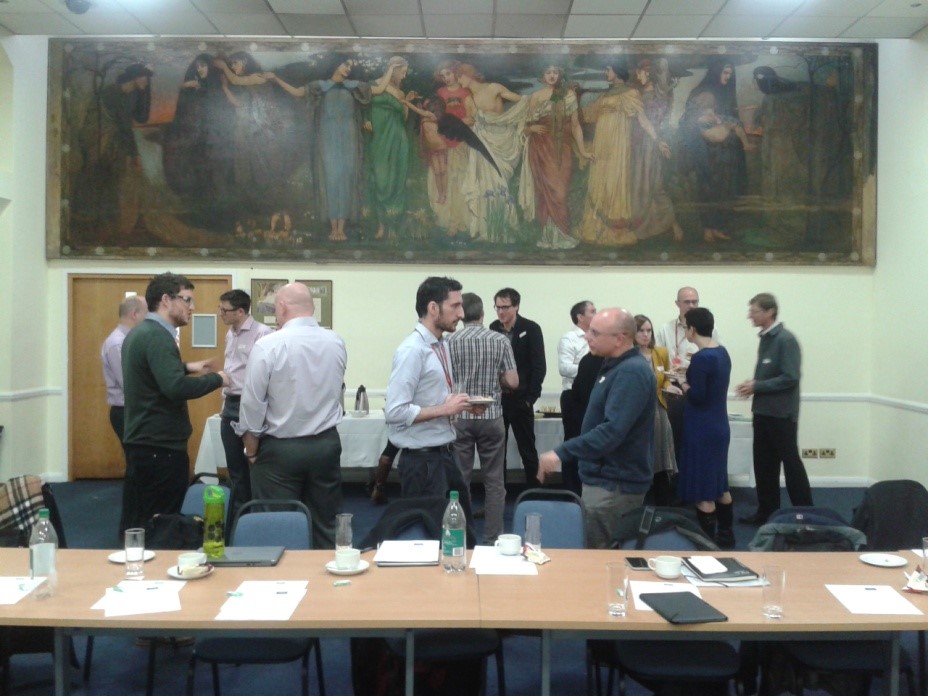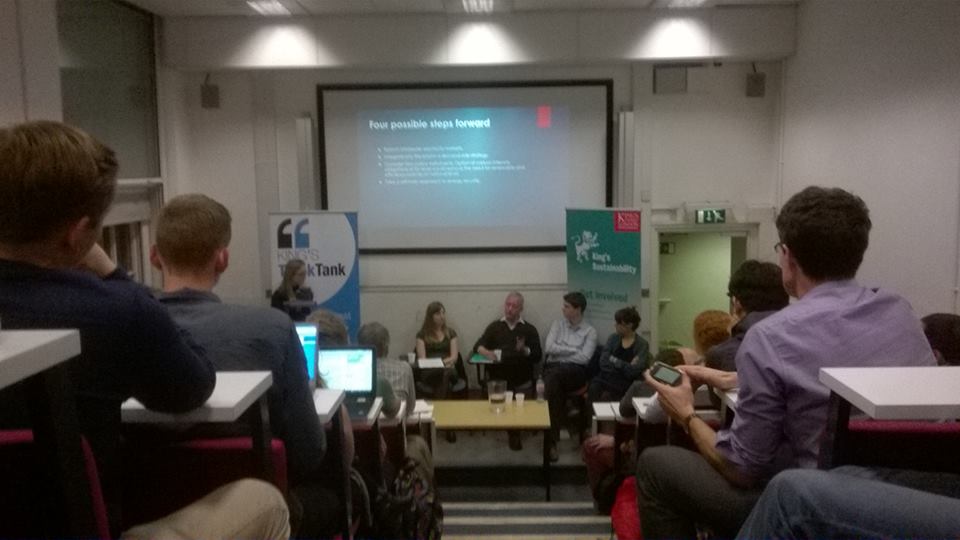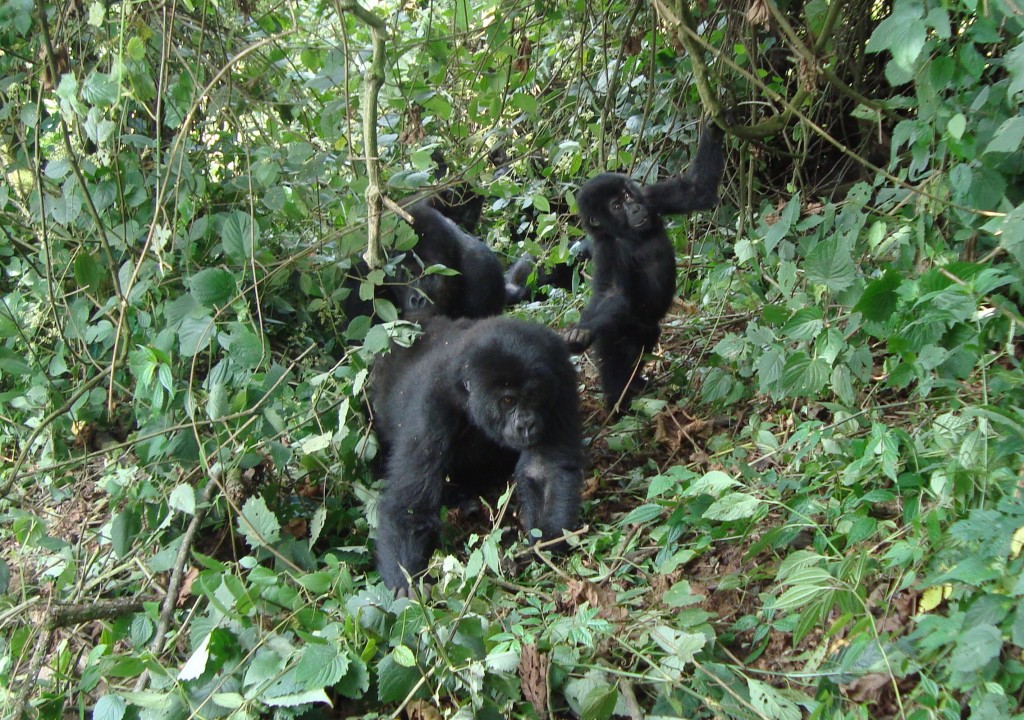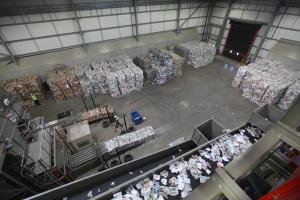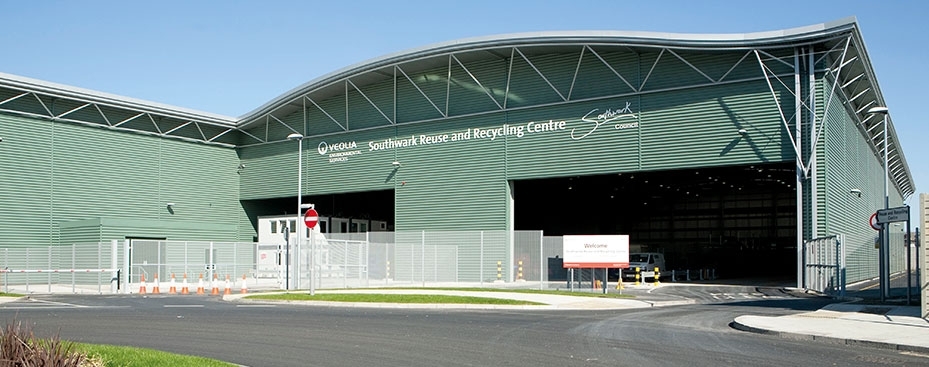We spend 90% of our lives in buildings. Little wonder then, that the types of buildings we occupy and the conditions maintained within them, have a significant impact on our health, well-being and productivity. King’s has joined a new project backed by technology champion, Innovate UK, which aims to identify the best indoor conditions for human productivity and to deliver them at lowest energy consumption. The project will run for the next 2 years, commencing February 2016 and will be led by the King’s Directorate of Estates & Facilities.

The World Green Building Council reports that productivity improvements of 8 – 10% can be achieved through better air quality(1). In many cases, energy efficient buildings are also those that enhance productivity, often as a by-product of daylighting and natural ventilation. Recent findings suggest that green building conditions can improve cognitive functioning by 61%(2). However, achieving a low carbon, productive building is complex, and as well as natural synergies, there are also tensions in trying to attain both these goals, particularly in existing buildings.
Mark Adams, King’s Head of Asset and Infrastructure management comments, “The link between Indoor Environmental Quality (IEQ) and productivity is proven. Our challenge is to achieve this at least carbon cost. This project aims to test the relationship in the real world, quantify the gain and develop systems to consistently deliver the right IEQ at lowest energy”.
This Whole Life Performance + project brings together a consortium of experts in building performance, property development and facilities management. Oxford Brookes University will provide technical input to develop the service offering and solutions will be tested in office buildings owned and occupied by King’s College London.
“We believe our responsibility as a leading University, extends beyond simply providing buildings for people to occupy. To deliver a truly successful building, it must enhance the work and lives of those that spend time there. We’re delighted to be part of this ground breaking project and excited about the benefits it can deliver for our students and staff.” Nick O’Donnell Director of Real Estate Management at King’s.
Throughout the project, findings will be disseminated by the British Council for Offices and Constructing Excellence. Building performance consultancy, LCMB will lead the project team, with the ultimate aim of commercialising and bringing to market new services to deliver more productive, lower carbon buildings.
Managing Director of LCMB John O’Brien is excited about this new initiative “This project has the potential to create something quite momentous; happier, healthier, more productive places to work. We’re delighted to lead the furtherment of knowledge in this area with the support of Innovate UK and partners like Kings College London.”
Notes
(1) Health, Wellbeing and Productivity in Offices, World Green Building Council, Sept 2014
(2) Associations of Cognitive Function Scores with Carbon Dioxide, Ventilation, and Volatile Organic Compound Exposures in Office Workers: A Controlled Exposure Study of Green and Conventional Office Environments, Joseph G. Allen, Piers MacNaughton, Usha Satish, Suresh Santanam, Jose Vallarino, and John D. Spengler, Oct 2015
Rhianne Menzies, Sustainability Projects Assistant
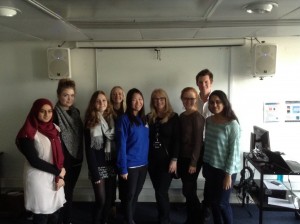

 Firstly thanks to everyone who contribute or came along to a fantastic Green Week. Our surveys showed there’s a desire to improve King’s food sustainability which we will discussing and as soon as solid plans are known we will make them public here and elsewhere.
Firstly thanks to everyone who contribute or came along to a fantastic Green Week. Our surveys showed there’s a desire to improve King’s food sustainability which we will discussing and as soon as solid plans are known we will make them public here and elsewhere.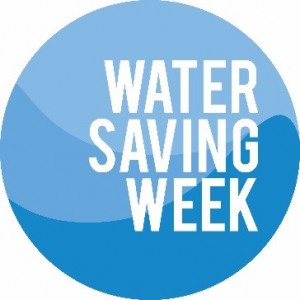 Water Saving Week
Water Saving Week